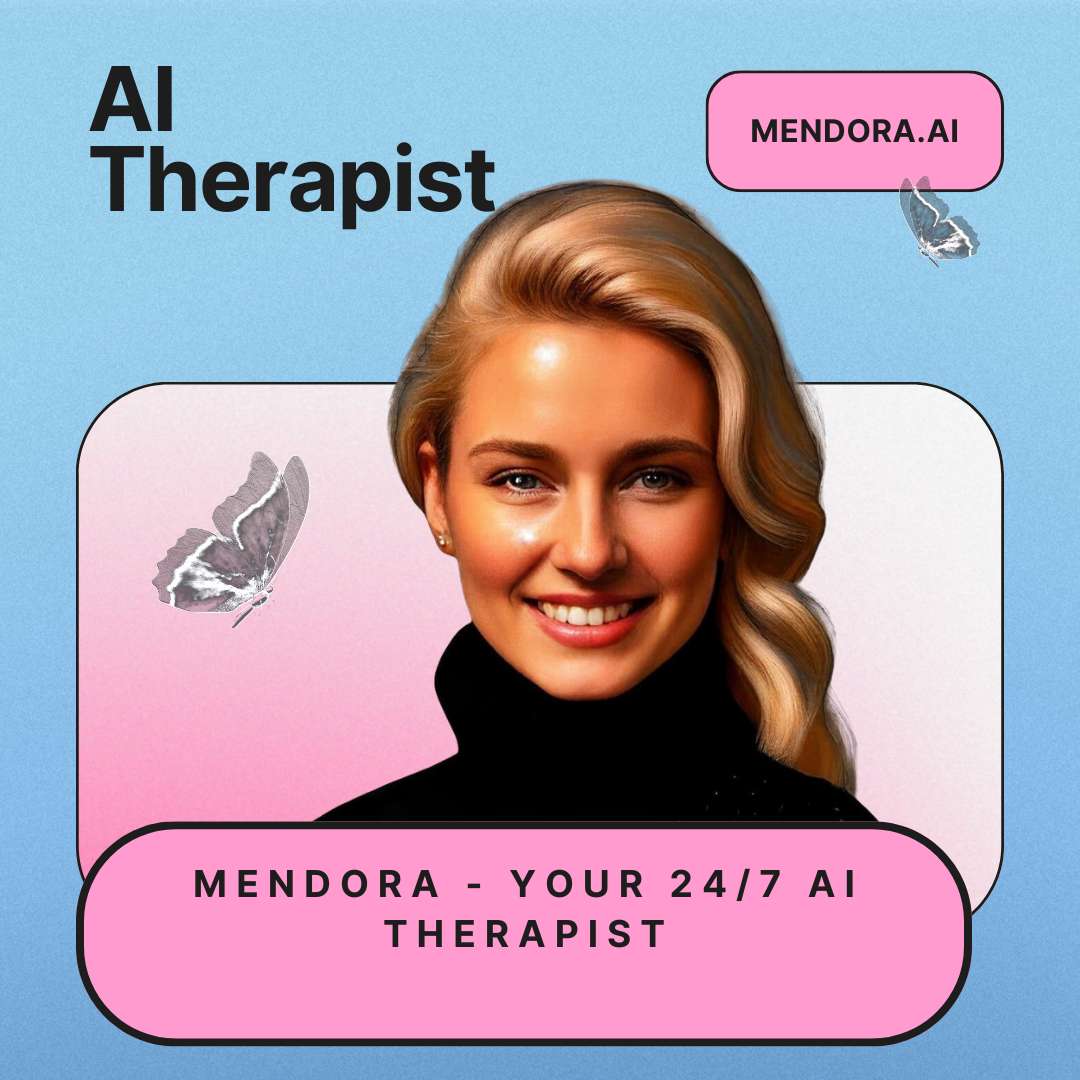Uncovering Patterns: How Friendly AI Can Help You Improve Mental Wellbeing
In today's fast-paced world, maintaining good mental health can be a challenge. Many people struggle with identifying and addressing patterns in their thoughts and behaviors that may be affecting their mental wellbeing. Fortunately, advancements in technology have given rise to innovative solutions, one of which is the use of friendly AI as a tool for mental health support. In this blog, we will explore the specific ways in which friendly AI functions as a talk therapist, helping individuals recognize patterns in their thoughts and behaviors, and provide examples of how AI can assist in uncovering and addressing these patterns to promote better mental health.
## Recognizing Patterns with Friendly AI
Friendly AI, also known as an AI therapist, leverages advanced algorithms and natural language processing to engage users in meaningful conversations. It acts as a supportive and non-judgmental listener, allowing individuals to express their thoughts and feelings openly. Through these interactions, the AI therapist can identify recurring patterns in the user's language, emotions, and behavior, providing valuable insights into underlying mental health challenges.
## Uncovering Negative Thinking Patterns
AI therapists excel in detecting negative thinking patterns, such as cognitive distortions and self-defeating beliefs. By analyzing the user's communication, these patterns can be brought to light, enabling individuals to become more aware of their recurrent negative thought processes. For example, if a user frequently expresses feelings of self-doubt or unworthiness in their online therapy chat sessions, the AI therapist can help them recognize and challenge these patterns, leading to a more positive mindset.
## Addressing Behavior Patterns
In addition to analyzing language patterns, friendly AI can also assist in identifying behavior patterns that may be contributing to mental health challenges. For instance, if a user consistently reports feeling overwhelmed and stressed during specific times of the day, the AI therapist can help them track and understand the triggers behind these patterns. By recognizing these behavioral patterns, individuals can take proactive steps to manage stress and improve their overall mental wellbeing.
## Personalized Insights and Support
Mendora's Online Therapy, powered by friendly AI, offers personalized insights and support to its users. Through continuous engagement, the AI therapist can track progress, identify improvements, and provide targeted guidance to individuals seeking to enhance their mental health. By recognizing and addressing patterns in thoughts and behaviors, users can work towards building healthier coping mechanisms and developing a more positive outlook on life.
## The Future of Mental Health Support
As the field of friendly AI continues to evolve, its role in mental health support is poised to grow even further. With ongoing advancements in AI technology, individuals can look forward to increasingly sophisticated and effective tools for improving mental wellbeing. By embracing the potential of friendly AI as a talk therapist, individuals can gain valuable insights, support, and empowerment on their journey towards better mental health.
In conclusion, friendly AI holds tremendous promise as a valuable resource for individuals seeking to improve their mental wellbeing. By leveraging sophisticated algorithms and natural language processing, AI therapists can help individuals recognize and address patterns in their thoughts and behaviors, ultimately contributing to better mental health outcomes. As we continue to embrace the intersection of technology and mental health support, the role of friendly AI as a tool for uncovering and addressing patterns is set to play a pivotal role in promoting overall mental wellbeing.
Whether it's recognizing negative thinking patterns, addressing behavior patterns, or providing personalized insights and support, friendly AI stands at the forefront of a new era in mental health support. As we look to the future, the integration of friendly AI into online therapy chat services, such as Mendora's Online Therapy, holds the potential to revolutionize the way we approach mental health care, making support more accessible, personalized, and effective than ever before.
By leveraging the power of friendly AI, individuals can embark on a transformative journey towards better mental health, armed with the support and guidance needed to uncover and address patterns that may be impacting their wellbeing. With the fusion of human insight and technological innovation, the future of mental health support is brighter and more promising than ever.






